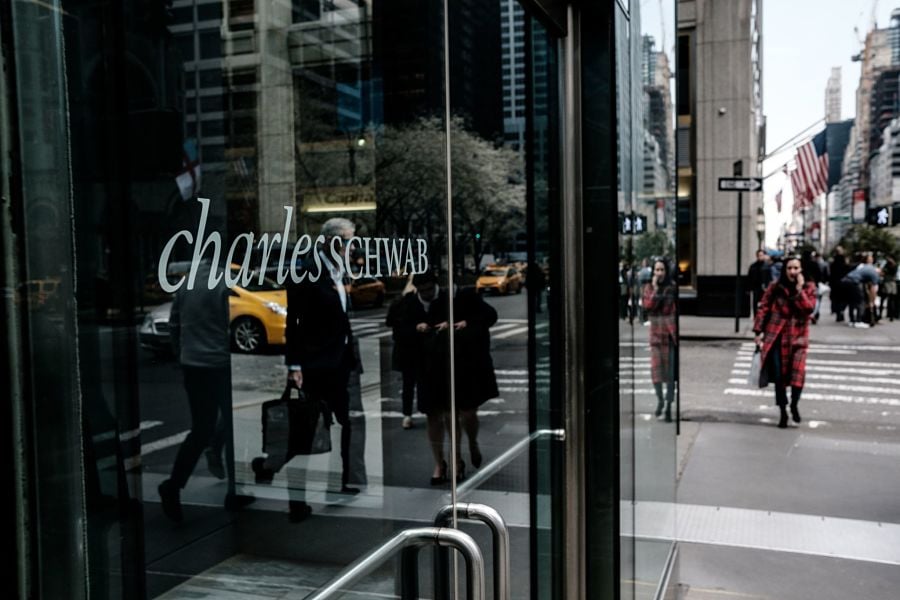

Charles Schwab Corp.’s $26 billion acquisition of TD Ameritrade Holding Corp. has received approval from the Antitrust Division of the Department of Justice, the company announced Thursday.
The DOJ’s completion of its investigation is an “important milestone” toward the proposed deal, Charles Schwab President and CEO Walt Bettinger said in a statement. However, the firm still has additional red tape to cut through including further regulatory sign-offs and approvals.
In an important first step, stockholders voted to approve the deal Thursday afternoon.
“We’re gratified by the DOJ’s decision and appreciate its diligent and thorough review,” Bettinger said in the statement.
As a result, the transaction is expected to close in the second half of the year. The complete integration of both firms could take between 18 to 36 months to complete after the close, according to the release.
Charles Schwab announced the mega-deal, which would create a Goliath brokerage firm with roughly $5 trillion in combined assets, in late November 2019. The tie-up drew the scrutiny of antitrust regulators almost immediately.
The close of the final deal would mean smaller discount brokerages, like Fidelity Investments and ETrade Financial Corp., which was purchased by Morgan Stanley in February, will have to contend with a more formidable competitor.
This story has been updated to reflect the vote by stockholders to approve the acquisition Thursday afternoon.

Preparing your clients to withstand the ups and downs of change – both external and internal – could be the key to unlocking their loyalty, trust, and confidence.

After leaving LPL in 2020, it hasn’t gone Cornick’s way at Osaic.

The finance professor and quant investing veteran believes with the right guardrails, artificial intelligence could be trusted to meet the high bar of fiduciary advice.

UBS has also regained some ground as it recruited an experienced Merrill advisor in New York.

The ex-Bay Area broker reportedly continued to peddle fake bond investments, promising rates of returns exceeding 20%, even after FINRA suspended his license in 2014.
Orion's Tom Wilson on delivering coordinated, high-touch service in a world where returns alone no longer set you apart.
Barely a decade old, registered index-linked annuities have quickly surged in popularity, thanks to their unique blend of protection and growth potential—an appealing option for investors looking to chart a steadier course through today's choppy market waters, says Myles Lambert, Brighthouse Financial.
